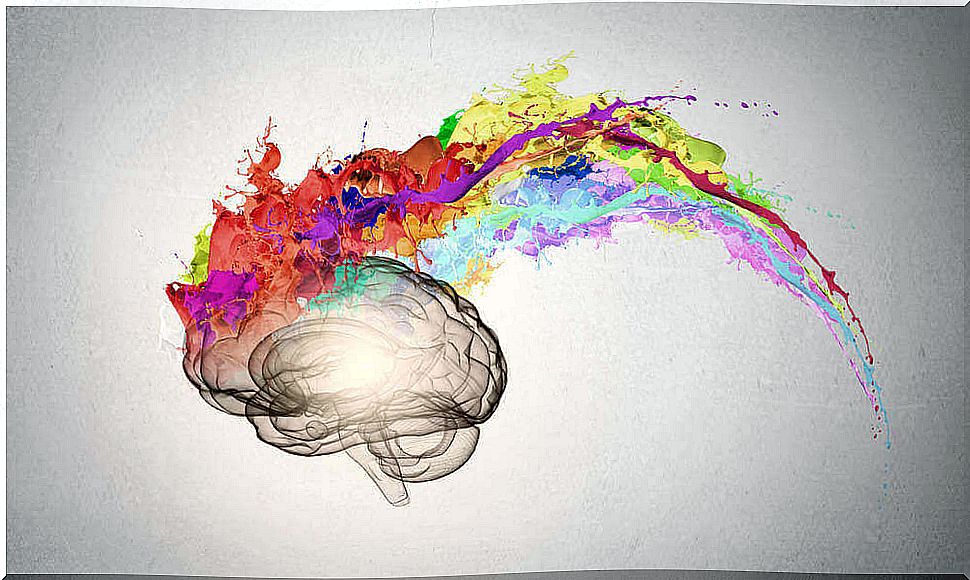Psychomarketing: The Psychology Of Shopping

There are a significant number of factors that affect personality. Memory and thinking affect the decisions we make in our daily lives, a fact that helps shape us as individuals. That’s why big companies try to appeal to our more instinctive “I” to make us buy their products. All of this refers to the technique known as psychomarketing.
When a large company needs to know if one of its products will be successful, it commissions studies to research the market that, in the final analysis, are still a delimitation of the number of potential buyers.
Obviously, there comes a time when these studies meet psychology. What drives us to buy one product and not another? What is the repercussion of the experiences we live in our purchasing decisions? What types of stimuli make us more sensitive to commercial impacts? How do we react to different advertising situations?
Answering all these questions, and many others related to psychology, is the goal of psychomarketing. Many specialists in this area have emerged, including names such as Paul Zack, Tim Pethick and Néstor Braidot, on whose studies we base this article.
The study of decisions and emotions when buying
All of these specialists just mentioned specialize in various aspects of marketing psychology. For example, Braidot is an expert in the field of neuroscience. In turn, Pethick turns more to emotional marketing, while Zack focuses on brain reactions during the decision-making process.
However, we can encompass all these studies in a particular methodology, psychomarketing. After all, all these aspects have a specific objective: to know what goes on in our minds when we buy, so that we can develop stimuli, impacts and products suitable for our personality, needs and emotional state.

Nowadays, in light of the most recent studies, it is observed that most of the decisions we make have an unconscious origin. That is, many factors come into play that are not noticed at first glance.
If we apply this finding to current marketing techniques, we will understand that buying decisions are decisively influenced by our most emotional part, something that goes beyond pure reasoning. Therefore, we do not see certain brands or products in the same way as others, even though they are technically or appear to be practically identical.
What does psychomarketing look for?
Ultimately, we can treat psychomarketing as a technique that seeks to analyze all kinds of factors related to the objective, trying to solve different issues and scenarios to define methodologies that leverage the stimuli capable of inducing us to buy through advertising impacts, seduction, accumulation , etc.
Basically, they seek to influence our purchasing decisions by studying the relationship and the cause that links our behavior and our mind. This is not strange, given that the viability of many brands and companies depends on the decisions that consumers make.
Today, big brands invest a lot of time and capital to hire specialists and neuroscientists capable of analyzing consumers’ desires in order to understand their responses and decisions so that they can develop market-appropriate marketing strategies to optimize their productivity.

The rules of psychomarketing
Some experts establish three basic rules on which all psychomarketing strategies must be based so that they are viable and have the possibility of success:
- Pleasant environment. Whether it’s an online store or a physical store, the consumer must feel comfortable and want to stay in the space. The more welcoming the place is, the greater the return.
- Innovation. It is a strategy that has yielded good results and cannot be repeated to exhaustion, as the market is changeable. The methodology must evolve as consumer trends evolve.
- Stimulation. Every strategy must be based on stimulating the senses, both of sight and taste, of hearing, and even – if possible – of touch and smell. By favoring or producing a feeling of well-being, the human brain will associate the object or sales space with the positive aspects of your life.
You can see that much of the advertising impact of today’s marketing is based on knowledge of how our minds work. Were you aware of this applicability of psychology?









